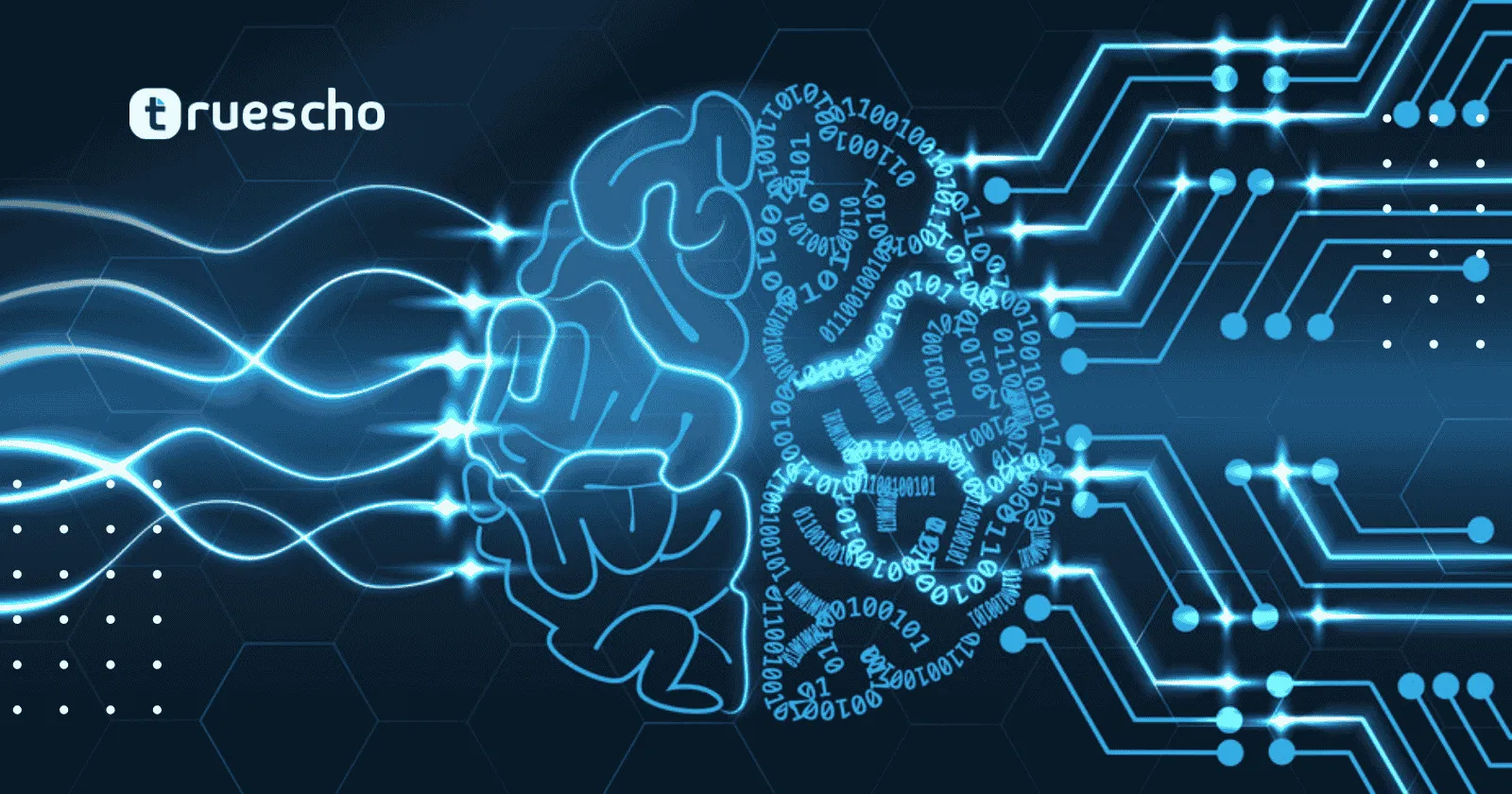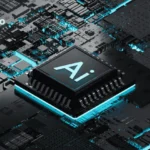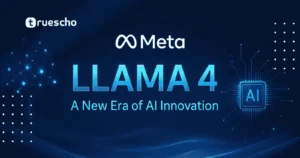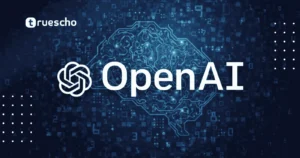AI Agents Replacing Humans: OpenAI’s $20K Game-Changer
The rapid evolution of artificial intelligence is reshaping entire industries, and the latest developments in AI agents are set to have an enormous impact on the future of work. In a leaked report, details emerged about OpenAI’s ambitious plans to launch three tiers of AI agents, each designed to dramatically change productivity and efficiency in various sectors. In this article, we discuss what these AI agents entail, their potential to replace human workers, and why understanding these changes is essential for staying ahead in a transforming job market.
Table of Contents
Understanding OpenAI’s New AI Agents
Recent details reveal that OpenAI is developing a range of advanced AI systems. These agents are being described as PhD-level artificial intelligences capable of working around the clock without breaks. Companies across the globe are betting billions on these opportunities, and many experts believe these AI agents could drastically reduce the workload traditionally handled by human employees. The three different pricing tiers include:
- $2,000 per month: Entry-level AI agents designed for knowledge work.
- $10,000 per month: Developer AI agents that manage and automate coding tasks.
- $20,000 per month: PhD-level research AI agents that execute highly specialized projects.
These tiers illustrate not only different use cases but also the broad range of skills and applications these systems can support. In essence, as the capabilities of the technology improve, companies may soon face a reality where AI Agents Replacing Humans is not just a possibility, but a mainstream business strategy.
Read also: Fulbright Romania Student Award in the USA
Explosive Revenue Projections and Industry Impact
OpenAI’s financial trajectory over the past few years shows explosive growth. With a reported revenue of $1 billion in 2023 rising to $3.7 billion in 2024, forecasts suggest revenue could reach as high as $12.7 billion by 2025. A significant portion of this income is expected to come from the new AI agents, which are predicted to account for roughly 20-25% of the company’s total revenue.
These figures underscore the massive shift in the industry and the likely acceleration of AI adoption across various sectors. As companies witness the cost-efficiency and productivity of these technologies, the conversation surrounding OpenAI AI Agents and their application becomes increasingly urgent and relevant.
The Capabilities of Advanced AI Agents
One of the most striking aspects of these new systems is their ability to perform complex coding and development tasks. Advanced coding assistants have evolved far beyond simple code suggestion tools. Today’s AI agents can:
- Access command line interfaces and execute instructions.
- Install necessary packages and manage development environments.
- Diagnose and troubleshoot errors by testing various approaches logically.
- Read software documentation, clone code repositories, and implement changes.
- Run tests and automatically resolve bugs, handling many mundane tasks.
This comprehensive integration into the software development workflow means that while humans are still needed to provide sensitive inputs – like security keys and final verifications – these agents can handle the bulk of the technical routine. They are already capable of establishing, managing, and optimizing the entire project development cycle.
“AI agents not only write code but also build the complete project environment with minimal human intervention, thereby streamlining labor-intensive project setups.” – Industry Observer
The comparison often drawn is that these agents could eventually perform the tasks of entry-level developers and knowledge workers much more efficiently. On a competency scale where a beginner coder stands at level 1 and the best programmers reach level 100, these agents are already operating at a level 5 or 10. This swift progression explains the growing concerns and debates about AI Agents Replacing Humans in various professional roles.
Read also: Commonwealth Distance Learning Scholarships
Potential Workforce Disruption and Adoption Considerations
The potential for these technologies to replace human workers is both intriguing and cautionary. The critical questions that arise include:
- What percentage of jobs could be automated? Even a small adoption rate of 5% could have significant implications, while a 70% replacement rate may lead to considerable workforce disruption.
- Cost comparisons: If companies find that these AI agents are substantially cheaper than employing human workers—especially considering benefits and other overheads—mass adoption could accelerate rapidly.
For many industries, the perception of cost savings will be a driving force behind the integration of these tools. The idea that an AI agent could work 24/7 without fatigue, requiring only minimal human oversight, makes them an attractive alternative to conventional employment. However, this shift comes with its own set of challenges, as quick replacement might lead to massive unemployment and a dramatic change in the job market landscape.
Real-World Implications and Future Scenarios
As AI agents become more capable, it is clear that their impact won’t be limited to developers. These systems are designed to support a wide variety of roles, from knowledge workers and researchers to administrative support positions. Here are some of the potential implications:
- Software Development: As developer AI agents become more widespread, the pace of software creation will increase significantly. Human developers might need to upskill to focus on creative problem-solving and strategic planning, areas where AI still has limitations.
- Administrative Efficiency: Routine office tasks, such as data entry and scheduling, could be streamlined through automated systems. This may lead to enhanced productivity but also a redefinition of traditional office roles.
- Research and Analysis: Advanced AI agents designed for research purposes could accelerate the pace of scientific discovery. However, the need for human insight in the interpretation of results and decision-making will remain valuable.
These changes force both companies and individuals to consider how to adapt. The key to thriving in this evolving environment is to embrace the strengths of AI while continuing to develop uniquely human capabilities such as creativity, empathy, and critical reasoning.
Read also: Judicial Fellowship Program 2025 in USA
Preparing for a Future Dominated by AI Agents
Given the significant advancements and financial investments driving these technologies, preparing for a future where AI Agents Replacing Humans becomes a common scenario is essential. Here are some strategies for individuals and businesses to consider:
- Adopt Early: Start integrating AI tools into your daily work routines. Familiarity with technology such as the latest developer assistants can provide a competitive edge.
- Invest in Upskilling: Focus on developing skills that AI still struggles with, including creative problem solving, strategic thinking, and human-centered communication. These skills will be invaluable in differentiating yourself in the age of AI.
- Monitor Industry Trends: Stay informed about the latest updates regarding AI and its applications, particularly the advancements in OpenAI AI Agents. Understanding industry projections and case studies will help in planning career trajectories or strategic business moves.
Companies that begin adopting these advanced systems early may gain a significant advantage in cost and productivity, potentially accelerating the transition towards automated workforces. As this shift occurs, balancing human oversight with AI efficiency will be crucial for ensuring ethical and sustainable practices in the workplace.
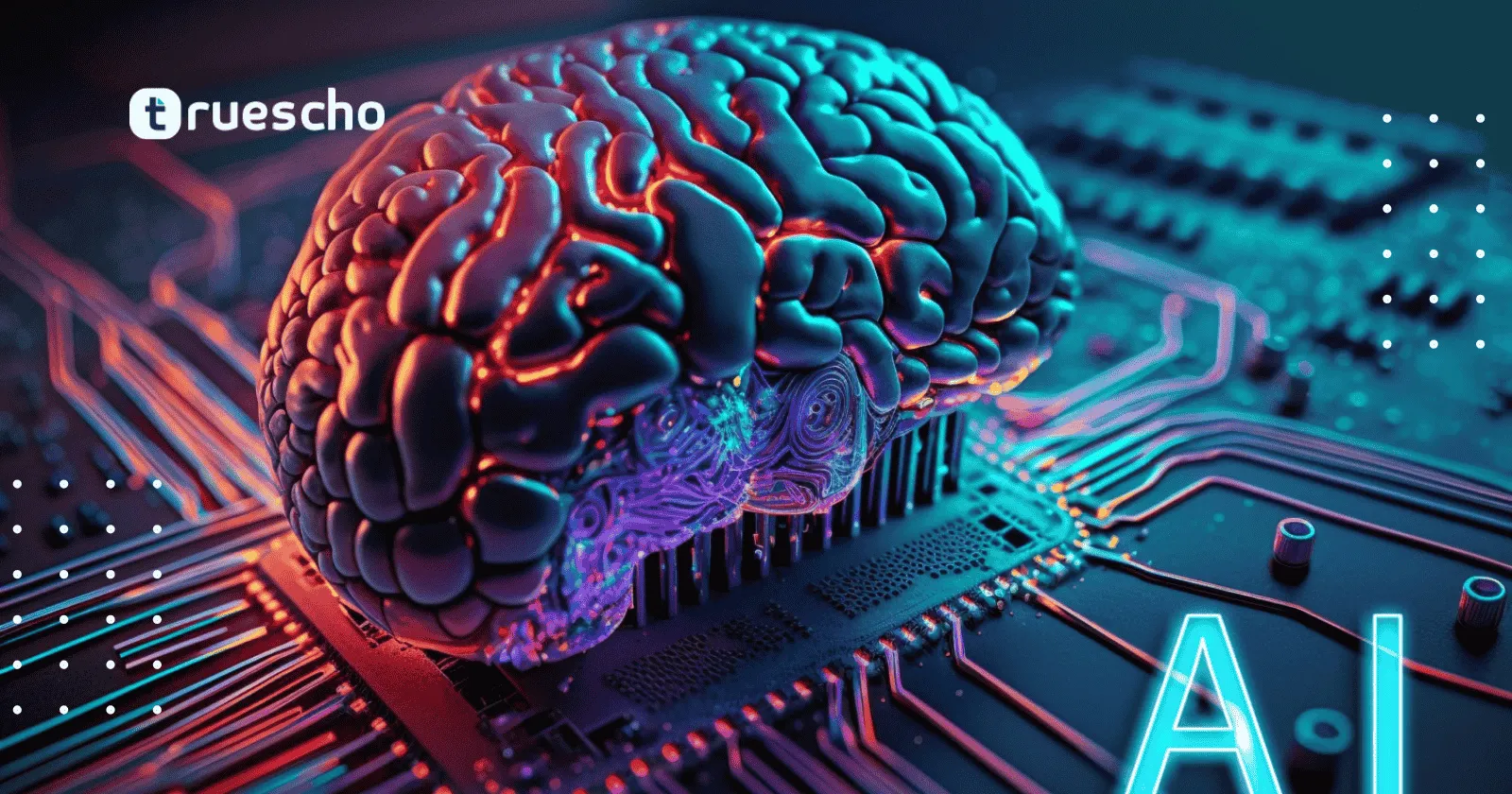
Conclusion
The revolution of AI Agents Replacing Humans is reshaping the landscape of work and technology. OpenAI’s bold move in developing and commercializing advanced AI agents is a clear signal of the future direction of industries worldwide. These systems, ranging from entry-level to PhD-level research capabilities, promise to automate routine tasks while allowing human talent to focus on areas that require creativity and strategic interventions.
Whether you are a developer, knowledge worker, or part of the leadership team, understanding and adapting to these changes is essential. Embracing AI technology responsibly, investing in continuous learning, and focusing on uniquely human skills will be the keys to thriving in an increasingly automated world. As OpenAI continues to push the boundaries of what is possible, the conversation around AI and human workforce integration becomes more important than ever.
For more detailed insights on the growing role of AI in the workplace and strategies to remain competitive, continue exploring reputable industry sources and thought leadership articles. The future belongs to those who are prepared to embrace innovation and harness its potential—while still valuing the irreplaceable qualities of human intuition and creativity.
Read also: University of Dayton Scholarships

